Indigenous Governance Database
Radio
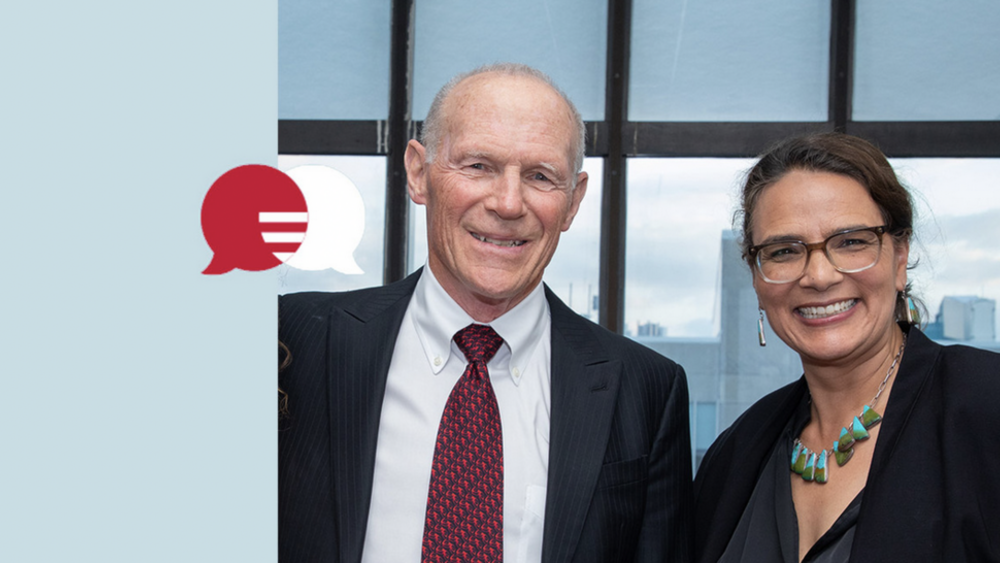
The More Indigenous Nations Self Govern, The More They Succeed
Harvard Kennedy School Professor Joseph Kalt and senior director Director Megan Minoka Hill say the evidence is in: When Native nations make their own decisions about what development approaches to take, studies show they consistently out-perform external decision makers like the U.S. Department of…
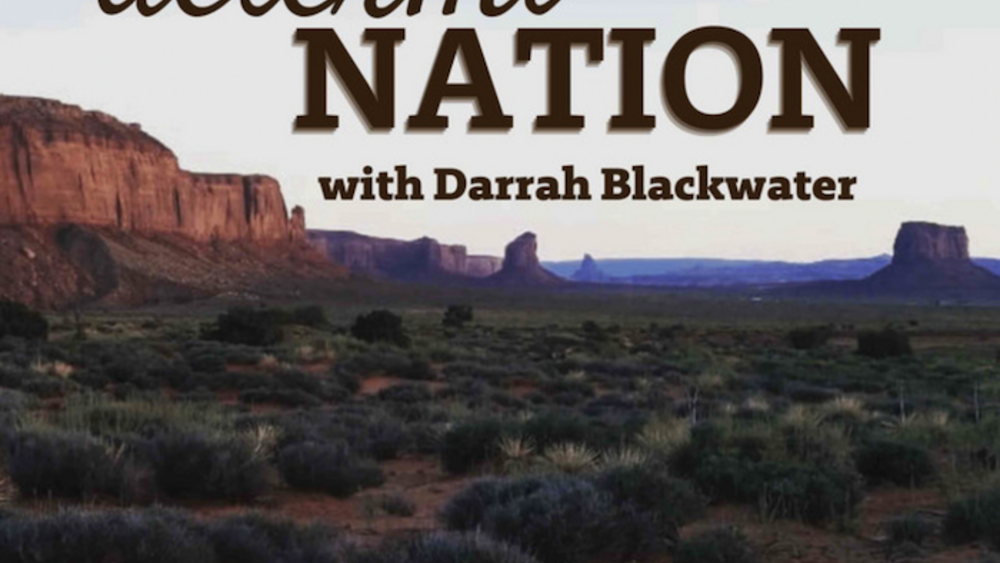
Determi-Nation podcast with Darrah Blackwater
Determi-Nation is a series of conversations with Indigenous people doing incredible things to strengthen sovereignty and self-determination in their communities.

What Makes Someone American Indian?
Who is Native American? It's a complicated question that has tripped up, among others, Massachusetts Senator Elizabeth Warren. The Democratic presidential hopeful recently apologized for identifying American Indian as her race more than 30 years ago. It was around that time that the U.S. census saw…
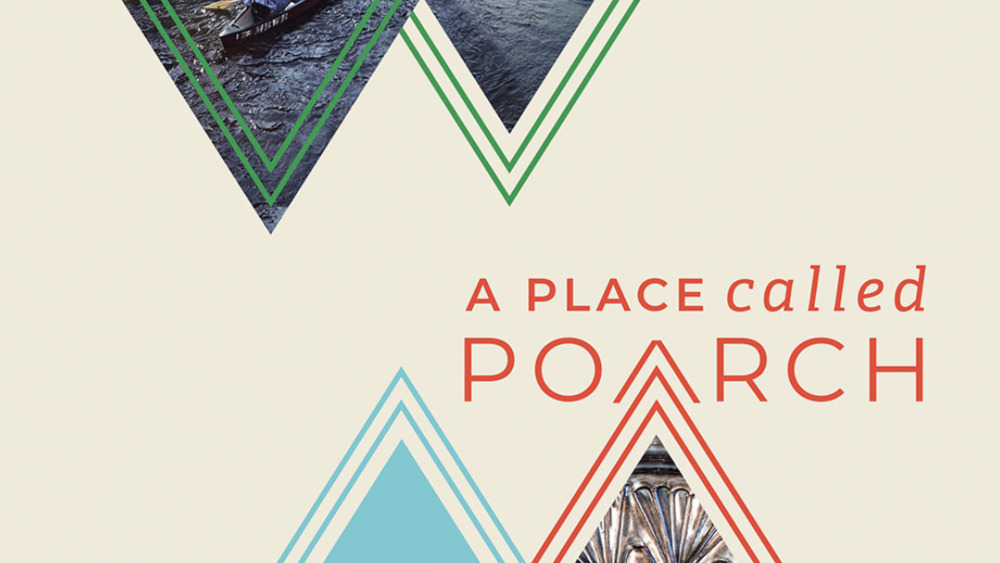
A Place Called Poarch Podcast
The Poarch Creek Indians produced a 24-episode podcast (March 2022-December 2023) covering a variety of nation-building topics including tribal lands, sovereignty, property rights, and more.
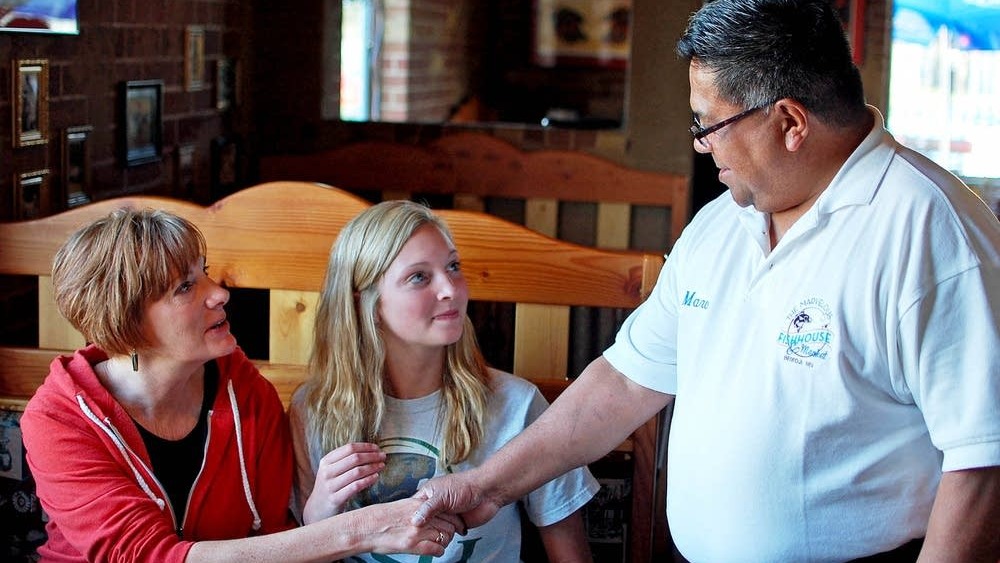
Business loans aim to boost Native American entrepreneurship
Even though the city of Bemidji is surrounded by three Indian reservations, there have been few Native American-owned businesses in town. Now, a Red Lake tribal member has opened a new restaurant. It's believed to be the first American Indian-owned restaurant in the city. Owner Marv Hanson tapped…

Visa-Free Travel to Russia Reinstated for Eligible Alaska Natives
The Bering Straits Regional Commission says travel restrictions for Alaska Natives to Chukotka have been lifted–leaving many with relatives on the Russian side of the strait feeling relieved, tired of being used as pawns in international disputes...
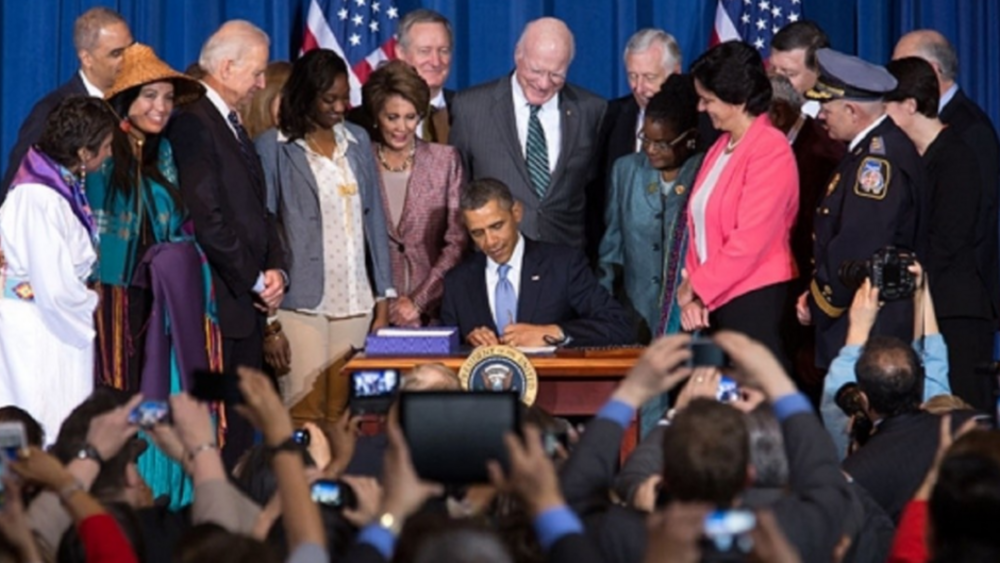
VAWA 2 Years Later
It’s been just over 2 years since Congress reauthorized the Violence Against Women Act. In February of last year, three tribes participated in a pilot project to exercise the special domestic violence criminal jurisdiction (SDVCJ) portion of the law. Under SDVCJ, some tribes can prosecute Natives…
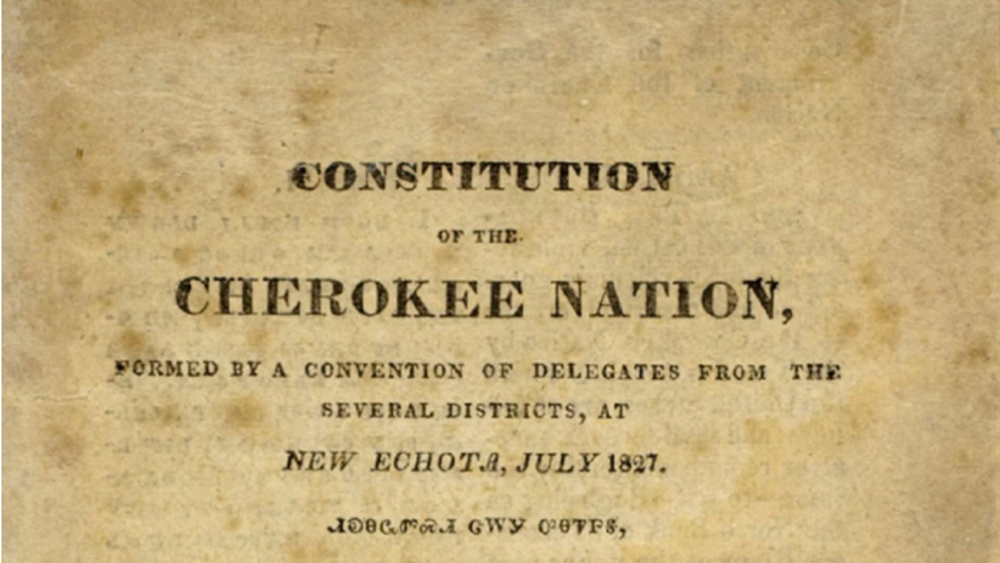
Tribal Constitutions
Modern tribal nations pass laws, exercise criminal jurisdiction, and enjoy extensive powers when it comes to self-governance and matters of sovereignty. And of 566 tribal nations, just under half have adopted written constitutions. In the American tradition, a constitution limits the power yielded…
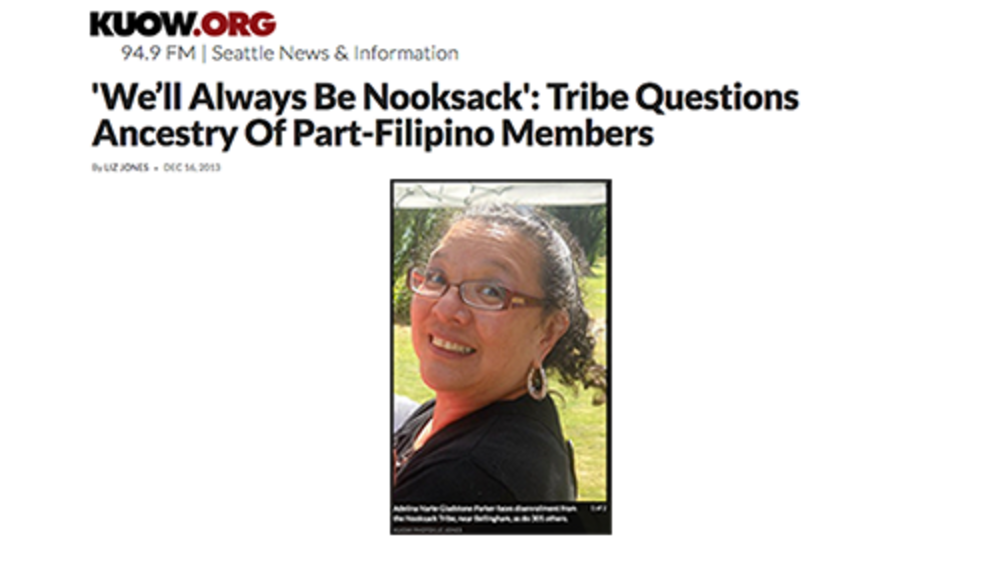
'We'll Always Be Nooksack': Tribe Questions Ancestry Of Part-Filipino Members
About 300 members from the Nooksack Tribe, near Bellingham, provide their perspective of being disenrolled by Nooksack Tribal Council because of their Nooksack and Filipino ancestry.
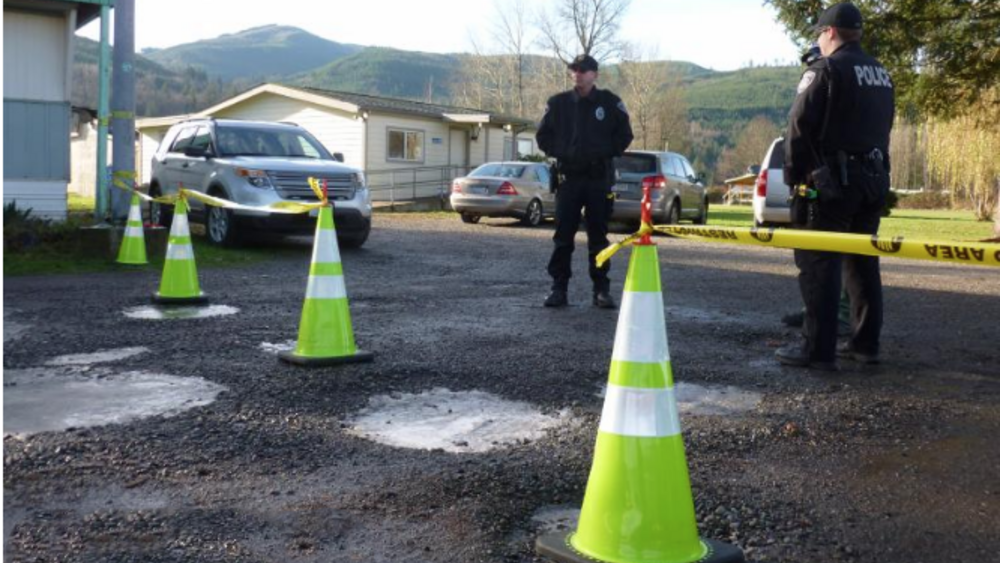
Nooksack Tribe Cites "Missing Ancestor" As Reason To Disenroll 306 Members
In Part Two of the KUOW story documenting the disenrollment of approximately 300 members from the Nooksack Tribe, Liz Jones takes a closer look at the Nooksack's process to disenroll members.

Study Evaluates Young Native Adults' Connection to Tribal Lands
University of Arizona master's student Aurora Trujillo is a member of the Taos Pueblo nation in New Mexico, a full-time resident of Tucson during the school year, and is working at an internship in Montana this summer. She is representative of other young adults who do not live on the tribal…

Tribal Enrollment And Blood Quantum
Every tribe has its own rules for membership. Some tribes include lineal descent — proof that you descend from a recognized tribal member — while others have a blood quantum requirement that requires members possess a certain percentage of tribal blood. On White Earth, researchers found that the…
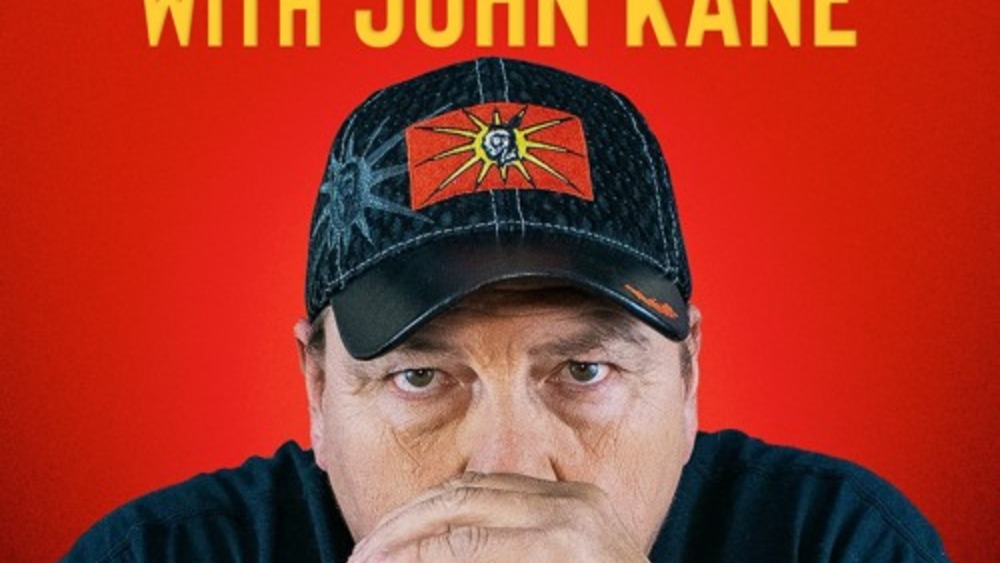
The Legacy of the Doctrine of Discovery
Let's Talk Native Radio program host John Kane discusses the implications of asserting the Doctrine of Discovery on Native lands and the role that treaties play in recognizing and affirming the inherent sovereignty of Native nations.
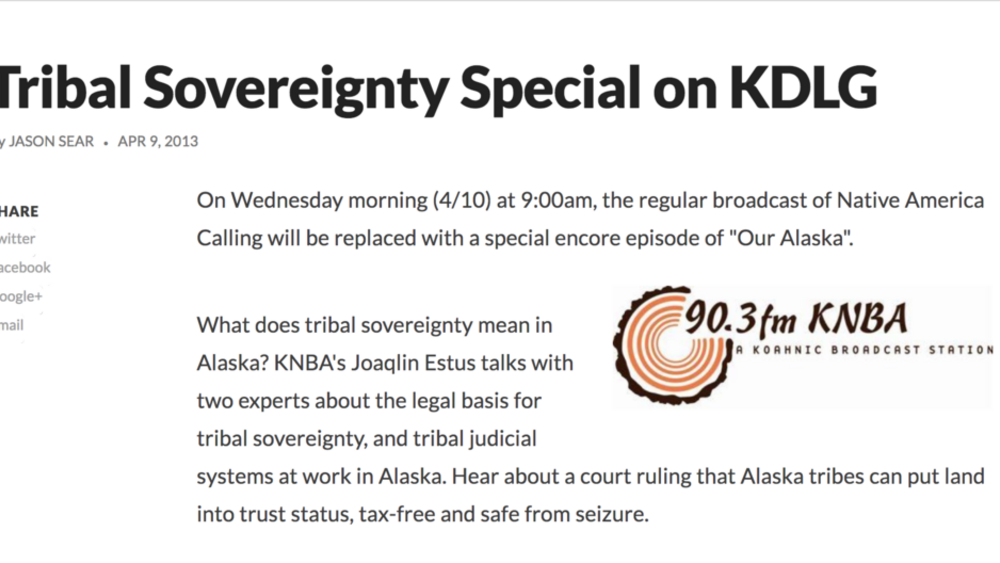
Tribal Sovereignty Special
What does tribal sovereignty mean in Alaska? KNBA's Joaqlin Estus talks with two experts about the legal basis for tribal sovereignty, and tribal judicial systems at work in Alaska. Hear about a court ruling that Alaska tribes can put land into trust status, tax-free and safe from seizure...
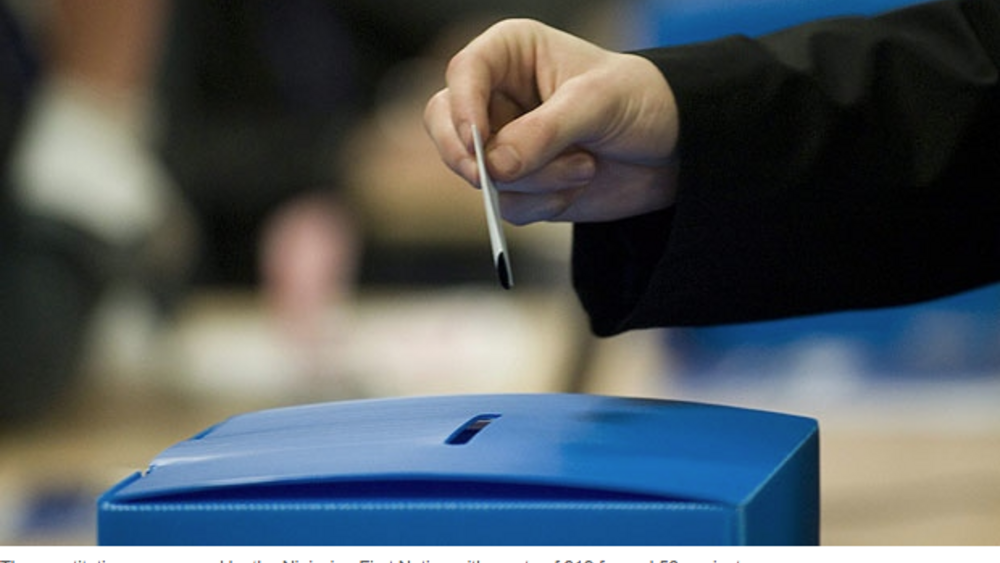
Nipissing First Nation passes first Ontario Aboriginal constitution
The Nipissing First Nation has passed a constitution that's believed to be the only First Nations constitution in Ontario. But there are questions about what this document actually does for the community.The constitution was passed by the Nipissing First Nation with a vote of 319 to 56. …
